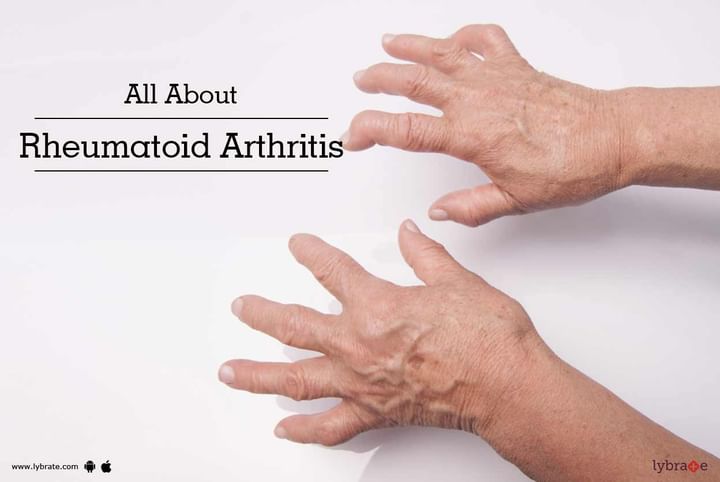All About Rheumatoid Arthritis
Rheumatoid arthritis is an auto-immune disorder which causes abnormal swelling of the body joints due to a sudden attack to the joints by the immune system of the body. This disorder is fairly common in the body parts that are more frequently used such as the knees, fingers, shoulders, wrists, elbows and the hips. Although rare, this disorder can also affect the ligaments or the tendons along with kidney, lungs, eyes or the heart.
This disorder tends to be chronic. Although the exact cause of the disease is still unknown, the loss of immunity generally leads to the disorder. Thus people who are obese, regular smokers, or who have had a family history of this condition are the most vulnerable to this disorder.
Symptoms
The symptoms of Rheumatoid arthritis are:
- Severe pain in the joints.
- Severe pain coupled with high fever.
- Stiffening and inflammation of the joints, resulting in intense pain.
- Exhaustion, fatigue and sudden weight loss.
- The pain gets aggravated in cold weather conditions.
Treatments
If rheumatoid arthritis is not treated immediately after diagnosis, it might cause further complications in the future such as lymphatic blood cancers, osteoporosis (a medical condition resulting in brittle and weak bones), blockage of the arteries and dry mouth syndrome (Xerostomia).
The treatment of rheumatoid arthritis includes:
- Prescribed dosage of non-steroidal anti-inflammatory drugs such as Ibuprofen and Naproxen, anti-rheumatoid drugs such as Methotrexate and steroidal drugs such as Prednisone help in reducing inflammation and pain. The dosage depends on the intensity of the condition.
- Performing regular exercises which will help you retain flexibility of the joints and subsequently cure rheumatoid arthritis.
- In extreme cases, the doctor might suggest surgeries such as:
- Synovectomy: A surgery that removes the damaged portion of the joint
- Joint fusion: This option will realign the joint and reduce the pain If you wish to discuss about any specific problem, you can consult a internal specialist.



+1.svg)
